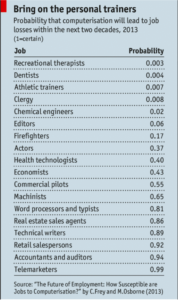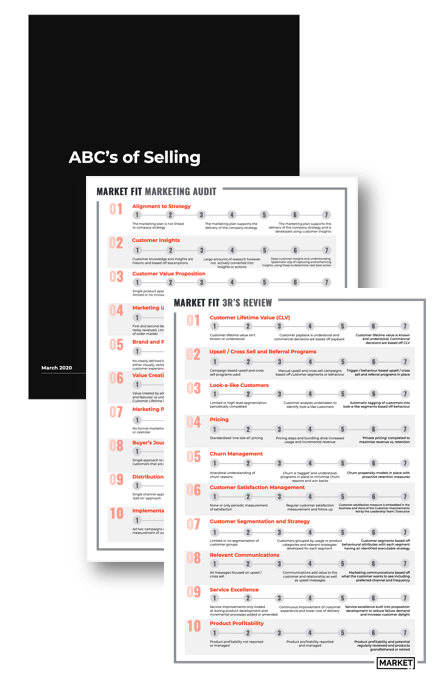We live in exciting times for business. Digital is creating disruption across the board, leading some businesses to adapt and flourish while others (at best) manage their decline or simply wither and die.
So far in this blog I’ve looked at what this means for an organisation’s commercial strategy. But at the heart of any business are its people, and how an organisation derives best value from them. Recently I’ve enjoyed the thoughts of a couple of good friends on this subject. I want to spend time this week looking at these, adding a few thoughts of my own.
Here’s something to keep in mind as you go through this piece – as the workforce changes (both in demographics and in its expectations from the generation before it), how is your business evolving to maximise the opportunities that these changes will bring?
Growth HQ http://growthhq.co.nz/ is a smart e-commerce consultancy headed by James Kemp. James has recently written on the rise of the flexible workforce, and in particular employees versus consultants. He was inspired by reading a new book from Taylor Pearson, “The End of Jobs: Money, Meaning and Freedom Without the 9-to-5”
As technology makes redundant or drives down wages in jobs previously thought to be safe in our time (good examples would be Uber – taxi driving, Amazon – retailing, or even Xero – accounting) employers are zeroing in on how employees can continually add value. James argues in a traditional organisation, where value may be less well defined, it is much easier for an employee to “hide” (I would argue some make a career out of it!). In James’s view, value from a consultant is much more transparent.
Several points in the Internet Trends Report 2015 reinforce this shift, specifically in the changing nature of employee expectations:
- Millennials now form the largest part of the workforce
- For millennials the most valued work benefits are
- Training & Development
- Flexible Hours
- Cash Bonuses
- They expect to be mobile, working from home or cafés
- One third believe they will be working flexible hours in the future
- In the past year the ‘On Demand Workforce’ (which sounds a lot like consultants!) has doubled, with millennials making up 44% of this group
A recent Forbes article How Bold Entrepreneurs Are Breaking $1 Million In One-Person Businesses also looks at this phenomenon from the employer perspective.
“… they (Bold Entrepreneurs) reflects a shift in attitudes. Rather than adopt Henry Ford-era business models, where scaling up depends on hiring legions of employees, they travel light. When they need to expand their individual capabilities, they generally rely on contractors such as web designers or firms that handle outsourced functions, like billing. As their businesses grow, so do those of the contractors they hire”.
The article quotes Dan Mezheritsky (29, president and founder of Fitness on the Go)…
“I realized how much more contractors and entrepreneurs are willing to do a better job for you,” says Mezheritsky. “They are trying to help your business – and grow theirs, as opposed to an employee who is just there for a paycheck”.
Craig Steel: Steel Institute of Performance
“To advance today, organisations need their people to think about the quality of their contribution and how it enables them to deliver the best outcomes rather than turning up to work and doing what they presume they are paid to do.”
From a personal point of view this really chimes. The move from being an employee to consultant focuses the mind on adding value in every interaction and engagement. If I don’t add value I don’t get paid. Thinking about Craig’s quote, being my best is the only appropriate thing to do. It’s worth considering – are you doing this on a daily basis, are you enabling your team to also do it on a daily basis?
Key Takeaways
- If you were handing your employee a weekly invoice, would you truly feel comfortable you’d added enough value to be paid in full?
- If workforce demographics are changing are you poised to maximise benefits from this?
- Are you supporting flexible work practices?
- Are you maximising the benefits and flexibility an on demand workforce can bring?
- Are your employees’ incentives (remuneration) aligned to company success?
- Is your view of remuneration still based on hours or have you moved to pay on value, output and outcomes?





